Space exploration has put up a calm pace now, but in the 60s, it was in full force. US and Russia were giving it their all, in a so called "Space Race." These were the high times of this field. Further innovations have slowed down in recent times, and this field is getting a back seat.
But, in this article we will revisit the most glorious moments in the history of space exploration, or even in the history of mankind.
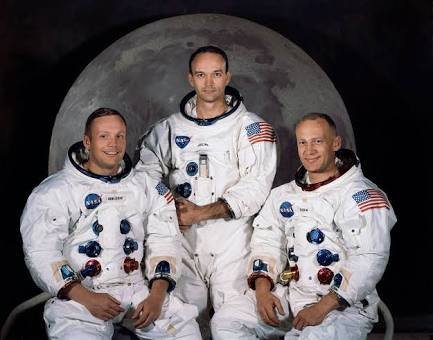
Moon Landings
How can one not start a list of feats in space exploration without mentioning the Moon Landings. Every single soul on Earth watched as the Apollo 11 capsule touched down on the Moon. Then, Niel Armstrong and Buzz Aldrin made history, becoming the first people ever to set foot on another heavenly body.
This was the first time when humans had set foot on land other than on this small blue dot we call the Earth. Everyone had been so proud, and it was the biggest incident ever in recorded human history. It has been downhill since.
Other than that, there have been many more moon missions, and we should not forget these people too. They are the pioneers of space exploration.
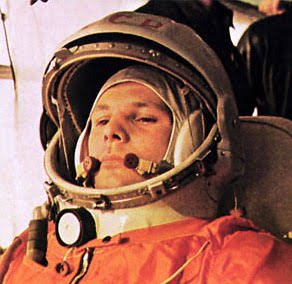
First Man in Space
Come on! Give the Russians some credit. After all, they were the first to send a human into space. Yuri Gagarin made history after he become the first person in space. Before him, only animals had been there.
Even though shortly after this, the Americans launched Alan Shepard into space, Yuri Gagarin remains the pioneer. He had the guts to put aside his fears, and become a leader in the history of manned flights. You cannot ignore this fact. He is and will always be the first human to go to space, the starting of it all.
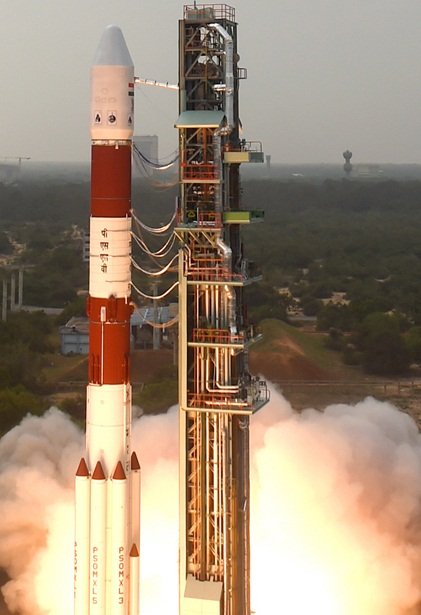
Launching 104 Satellites in One Go
Most countries cannot even launch one satellite. But what India did on Feb 15, 2017 was beyond words. They broke the world record of 37 satellites in one go by Russia. And not only broke it, they smashed it.
Launching one satellite is very very complex and requires the most intelligent people of all. But the people at ISRO launched not one but 104 satellites. This was one of the most cost effective missions as well. Doing this requires dedication, they performed it as smoothly as possible.
This will surely become a milestone in the launching industry.
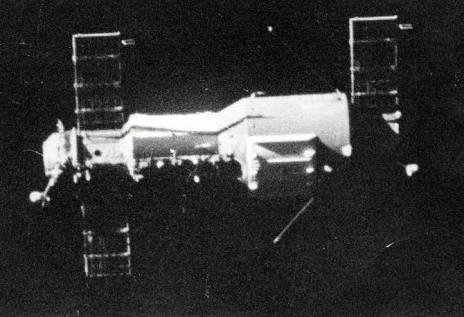
Space Station
Who would not want to build a research laboratory in an orbit around the earth? Well, the Russians wanted it, and they built it. The first ever space station was the Salyut-1. It was in an orbit around the earth, and could accommodate 4 people. Only 20m in length and 4m wide, it was not for claustrophobic people.
Its crew was launched in Soyuz 11, and they stayed on board for 23 days. This was the first time when a space station had been manned. Gerogy Dobrovolsky, Viktor Patsayev and Vladislav Volkov became the first people to stay on a space station. Although, they could not make it back alive, this feat will always be remembered in the history of space travel.
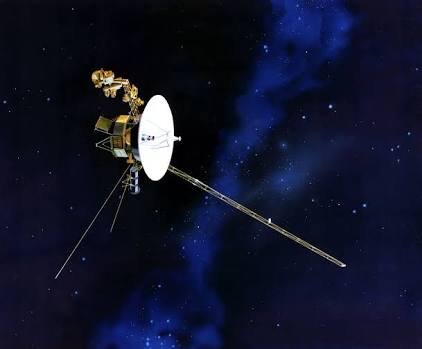
Voyager 1 & 2
Launched on September 5 and August 20, 1977 respectively, these are the farthest man made objects in space. They have been going on away from the earth for the last 40 years, and they can still communicate with their control center on Earth. Voyager 1, the farthest of the two, is currently at a distance of 137 AU (1 AU = The distance between the Sun and Earth).
These space probes define the space exploration industry. They were actually meant to find aliens. And believe it or not, they have many songs and sounds of all languages in a disk inside them. It was believed that the aliens would understand some of them and communicate back. They have not found the aliens yet, and are still going on their search.
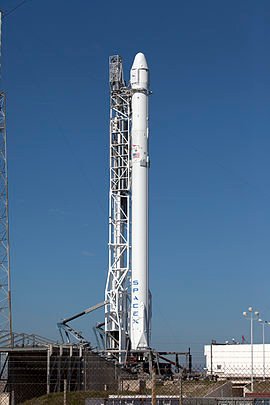
Landing a Rocket back on Earth
This took place on December 21, 2015, when SpaceX's Falcon 9 rocket took off, dropped a satellite into orbit, and landed safely in Cape Canaveral. This was the first time when a rocket had dropped a satellite and had landed back onto Earth.
This feat would surely bring down the price of each launch. Each rocket takes millions of dollars to be made. But imagine what would happen when one single rocket could be used multiple times? It would be the decrease in prices. This would mean that small companies would also be able to launch their own satellites.
The aerospace industry would surely benefit from reusable launch vehicles. And not only this, but it will be a revolution.
Hi, I found some acronyms/abbreviations in this post. This is how they expand:
You have a minor typo in the following sentence:
It should be believe instead of belive.